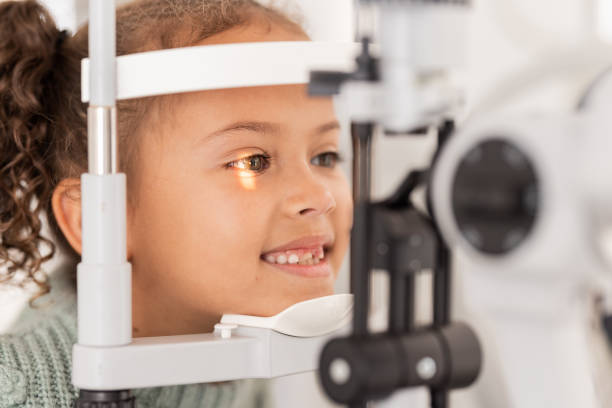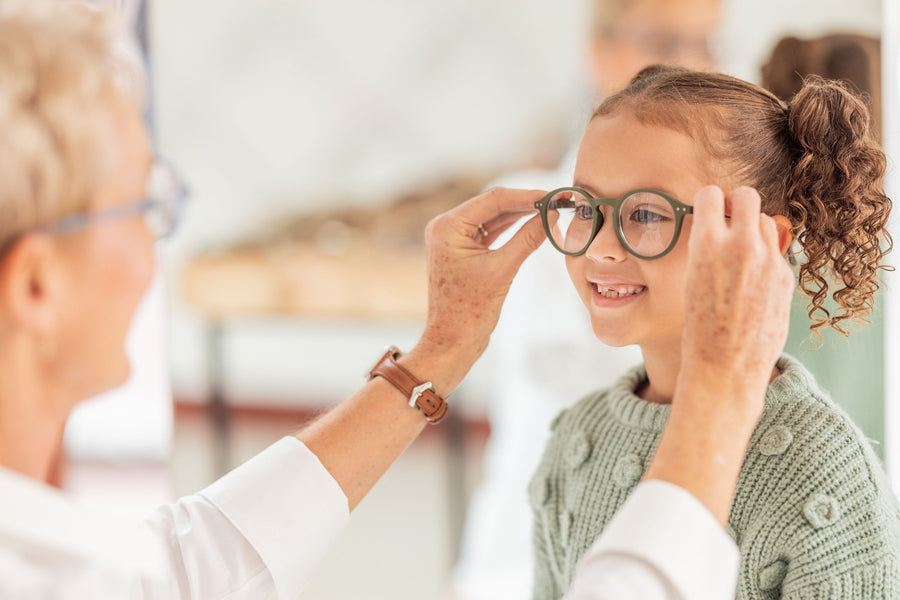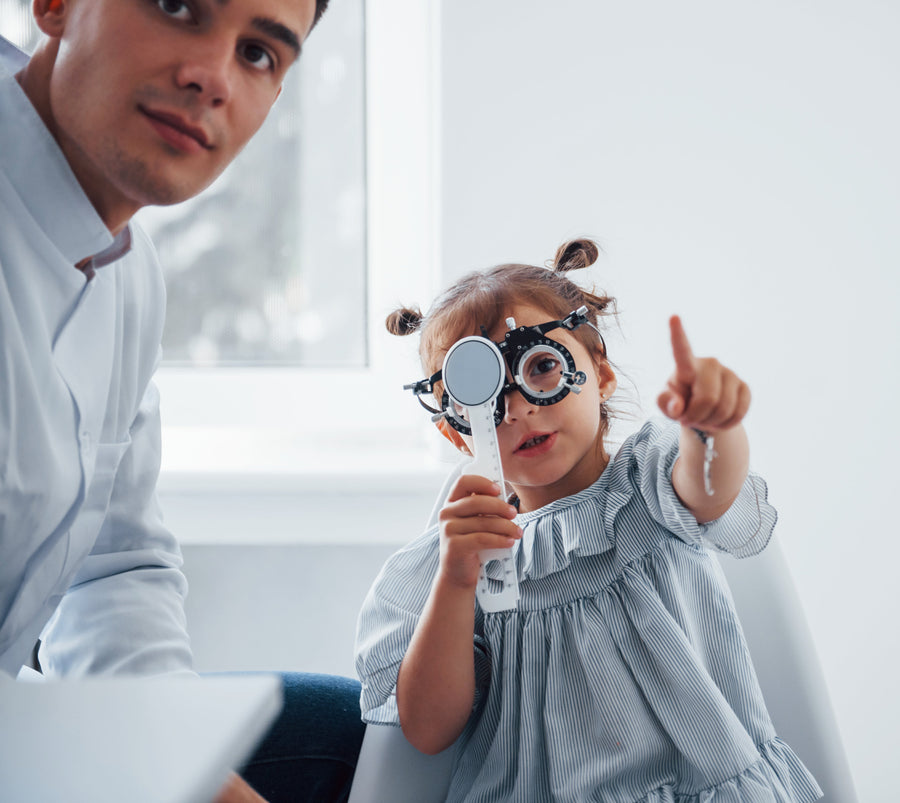Children are very good at not telling us how they feel, which often means that symptoms of myopia can be missed. However, here are a few common signs to look out for in your child, which may indicate short-sightedness. These include:
Myopia management for children
Protect your child's vision with effective myopia management solutions that slow down short-sightedness progression and reduce future eye health risks.
How do I know if my child has myopia?
If you notice any of these signs, it's essential to schedule an eye exam with an optometrist to determine if your child has myopia and discuss appropriate management options.
What is myopia management for children?
Myopia management refers to various treatments and strategies aimed at slowing down the progression of short-sightedness in children - not just a pair of glasses or contact lenses to help you see whilst you use them. Historically, myopia progression could not be controlled through standard prescription lenses. However, with recent technological advancements, innovative options have emerged to influence the development of myopia, minimising its overall impact.
The earlier you start managing a young person's myopia, the better the results. By controlling myopia progression, these methods can help reduce the risk of developing more severe vision problems later in life, such as retinal detachment, cataracts, myopic macular degeneration and glaucoma.

Myopia management methods for children
There are several effective methods for managing myopia (near-sightedness) progression in children. At our practices, we offer several effective myopia management solutions tailored to your child's needs:










